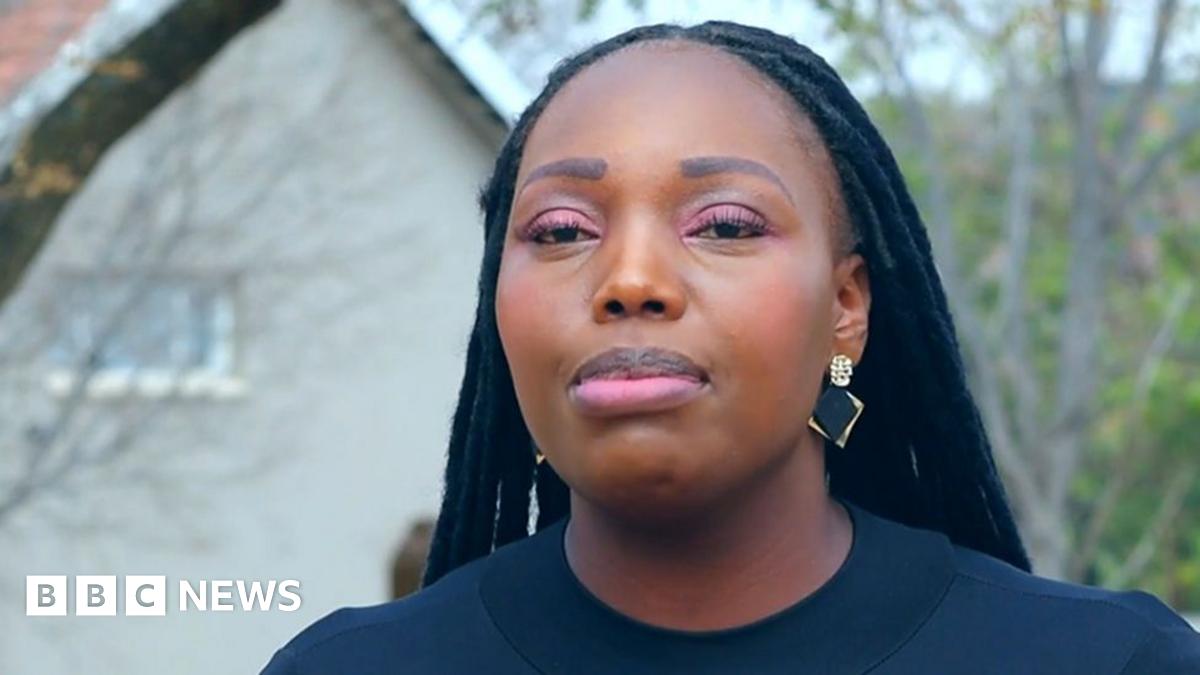Deputy Health Minister Joe Phaahla told the BBC that his government was against the targeting of foreign nationals or anyone else trying to use local clinics and hospitals.
“We don’t agree with that approach because health is a human right. As much as we understand the fact that the provision of services must be properly organised, you don’t organise it through bullying kind of methods,” he told the BBC.
Several major political parties, including the Economic Freedom Fighters and the Democratic Alliance, have also condemned Operation Dudula.
But a recent attempt to take it to court by the South African Human Rights Commission failed on a technicality, effectively allowing the group to continue its campaign.
Several Operation Dudula members have been arrested in recent weeks for blocking the entrances of public health facilities. They were later released with a warning. The police’s action, however, does not appear to have deterred the group.
Ms Hassan believes that stronger action is required saying that “the police and the military should have been there on day one to prevent [the picketing] because that is simply lawlessness”.
Dr Phaahla said this measure was being explored but the police have said resources are “stretched in terms of being able to monitor and intervene timeously when such incidents occur”.
While the state hesitates over what to do, Operation Dudula appears emboldened and is turning its attention to public schools, saying that it is part of a campaign to fight illegal immigration.
But in Diepsloot, the group’s action leaves people without the medical help they need.
Ms Musvava, who was turned away, is now looking for alternatives. Despite her meagre resources, she is considering going to the private sector.
“I think I’ll have to go to the doctor. I will pay the money. I will have to sacrifice to get it,” she said.
She had no idea how much it would cost her.
“I don’t have money, but I will have to make a plan.”

